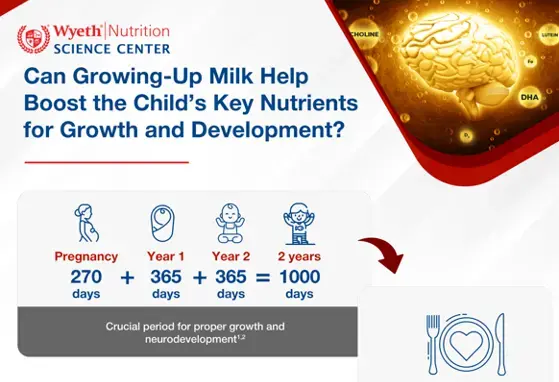The effect of multi mineral-vitamin D supplementation on pregnancy outcomes in pregnant women at risk for pre-eclampsia

Latest: A study on the effects of calcium, magnesium, zinc and vitamin D supplementation in pregnant women at risk for pre-eclampsia
The objective of this study was to determine the favorable effects of multi mineral-Vitamin D supplementation on pregnancy outcomes among women at risk for pre-eclampsia.
- Background:
- Maternal micronutrient supplementation is among the various strategies that help reduce complications in pregnant women at risk for pre-eclampsia. Important nutrients and possible mechanisms include:
- Calcium and magnesium reduce parathyroid calcium release and regulate intracellular calcium concentrations, in addition to increasing the sensitivity of vascular smooth muscle to nitric oxide
- Zinc and Vitamin D influence the regulation of insulin-like growth factor I and its receptor, to attain improved insulin sensitivity and gene expression associated with normal implantation and angiogenesis
- Objective
- To investigate the effect of multi mineral-vitamin D supplementation on pregnancy outcomes in pregnant women at risk for pre-eclampsia
- To investigate the effect of multi mineral-vitamin D supplementation on pregnancy outcomes in pregnant women at risk for pre-eclampsia
- Maternal micronutrient supplementation is among the various strategies that help reduce complications in pregnant women at risk for pre-eclampsia. Important nutrients and possible mechanisms include:
- Method:
- Subjects
- A total of 46 pregnant women aged 18 – 40 years old completed the trial
- Carrying singleton pregnancy at their third trimester and at risk for pre-eclampsia as indicated by a positive roll-over test
- Randomly assigned to receive either the placebo (n = 23) or multi mineral-vitamin D supplements (n = 23) over 9 weeks
- The multi mineral-vitamin D supplements given contained 800 mg calcium, 200 mg magnesium, 8 mg zinc and 400 IU vitamin D3
- Key outcomes assessed include:
- Pregnant women: body mass index (BMI), blood pressure, serum calcium, magnesium, zinc, iron and 25-hydroxy vitamin D levels
- Newborns: length, weight, head circumference
- Subjects
- Key Findings:
- In comparison to placebo, multi mineral-vitamin D supplementation resulted in:
- Decreased maternal blood pressure for systolic (-1.08 mmHg vs. 6.08 mmHg, p = 0.001) and diastolic pressure (-0.44 mmHg vs. 3.05 mmHg, p = 0.02)
- Increased maternal serum levels of
- Calcium (+0.19 mg/dL vs. -0.08 mg/dL, p = 0.03)
- Magnesium (+0.15 mg/dL vs. -0.08 mg/dL, p = 0.03)
- Zinc (+8.25 mg/dL vs. -21.38 mg/dL, p = 0.001)
- Vitamin D (+3.79 ng/ml vs. -1.37 ng/ml, p = 0.01)
- Increased newborns’ length (51.3 cm ± 1.7 cm vs. 50.3 cm ± 1.2 cm, p = 0.03)
- No significant differences in newborns’ weight and head circumference, or maternal serum iron levels
- In comparison to placebo, multi mineral-vitamin D supplementation resulted in:
- Conclusion:
- Multi mineral-vitamin D supplementation for 9 weeks in pregnant women at risk for pre-eclampsia resulted in positive maternal and fetal outcomes
WYE-EM-288-OCT-15
Reference
Asemi Z and Esmaillzadeh A. The effect of multi mineral-vitamin D supplementation on pregnancy outcomes in pregnant women at risk for pre-eclampsia. Int J Prev Med. 2015;6:62. Link to PubMed
If you liked this post you may also like

Infographic - Can Growing-Up Milk Help Boost the Child's Key Nutrients for Growth and development?

The Learning Lead - Volume 2, 2024: "Can Growing-Up Milk Help Boost The Child’s Key Nutrients for Growth and Development?"

Maternal Dietary Intake and Human Milk Composition
